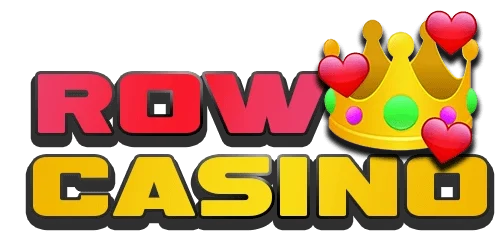The term “best games” is often subjective, but when it comes to PlayStation games, there is an undeniable consensus about their influence and quality. From the moment the original PlayStation hit the market, it bet12 disrupted the gaming industry with 3D graphics, immersive sound design, and titles that pushed creative boundaries. These early successes laid the groundwork for what would become a massive catalog of hits, many of which are now considered cultural icons.
As PlayStation matured, so did its games. The PlayStation 2 era saw an explosion of creativity, with titles like Jak and Daxter, Kingdom Hearts, and Ratchet & Clank captivating audiences of all ages. These weren’t just popular games; they became part of the cultural fabric, referenced in everything from schoolyards to cinema. When the PlayStation 3 and PlayStation 4 rolled around, Sony doubled down on cinematic storytelling and technological prowess, delivering best games like Bloodborne, Spider-Man, and Ghost of Tsushima, all of which raised the bar for the medium.
At the same time, the PSP offered an entirely new way to experience PlayStation games. Rather than simple mini-games or scaled-down ports, the PSP library featured unique titles that stood on their own merit. Monster Hunter Freedom Unite brought massive multiplayer experiences to a handheld device, while Resistance: Retribution provided gripping action on the go. These PSP games reflected the same commitment to quality that made PlayStation games a global success, further extending the platform’s reach.
The continued reverence for both PlayStation and PSP games is a testament to Sony’s ability to create experiences that go beyond entertainment. These games connect with people emotionally and socially, forming lasting memories and communities. They remain influential because they are more than just products; they are touchstones of gaming history and essential parts of what makes PlayStation a dominant force in the industry.
